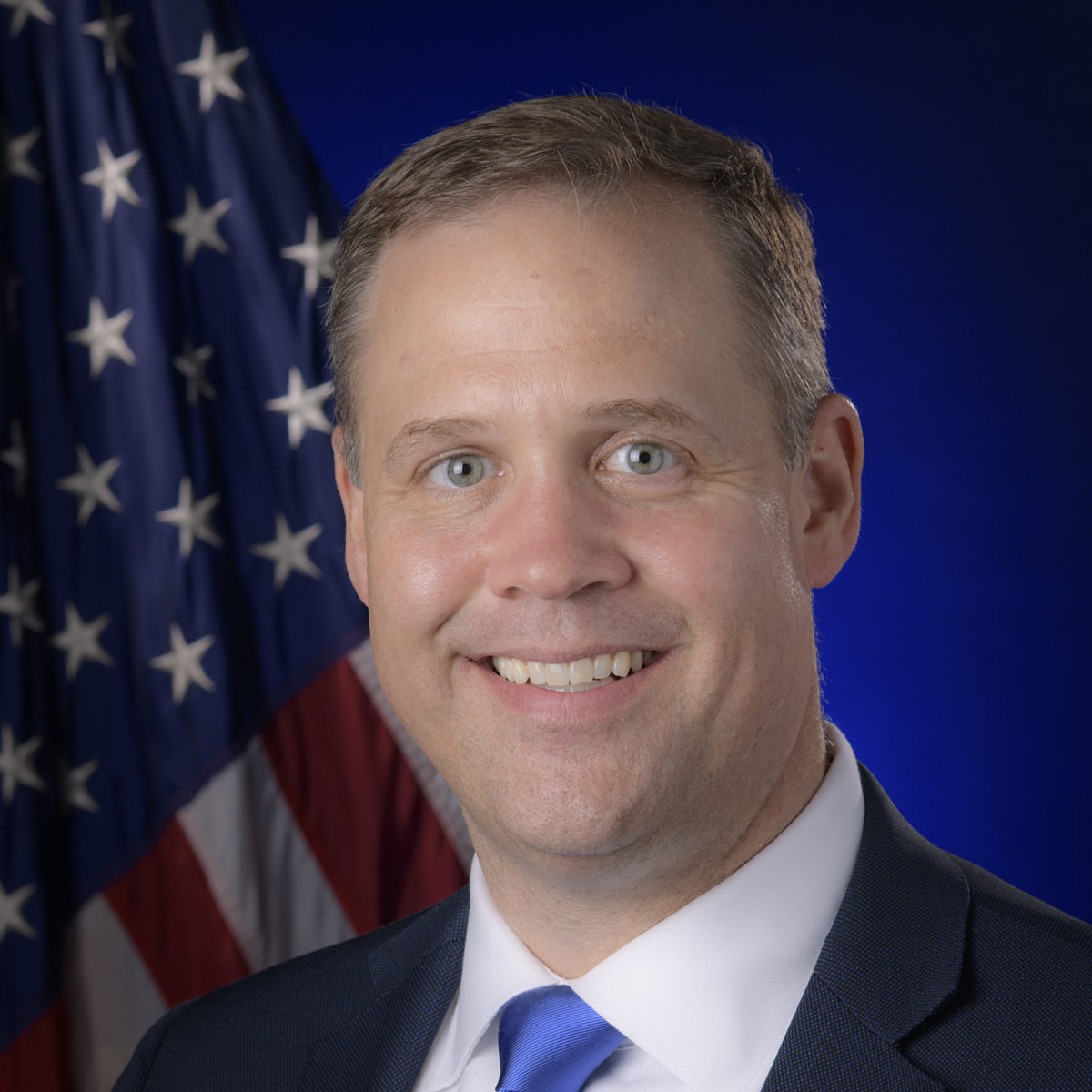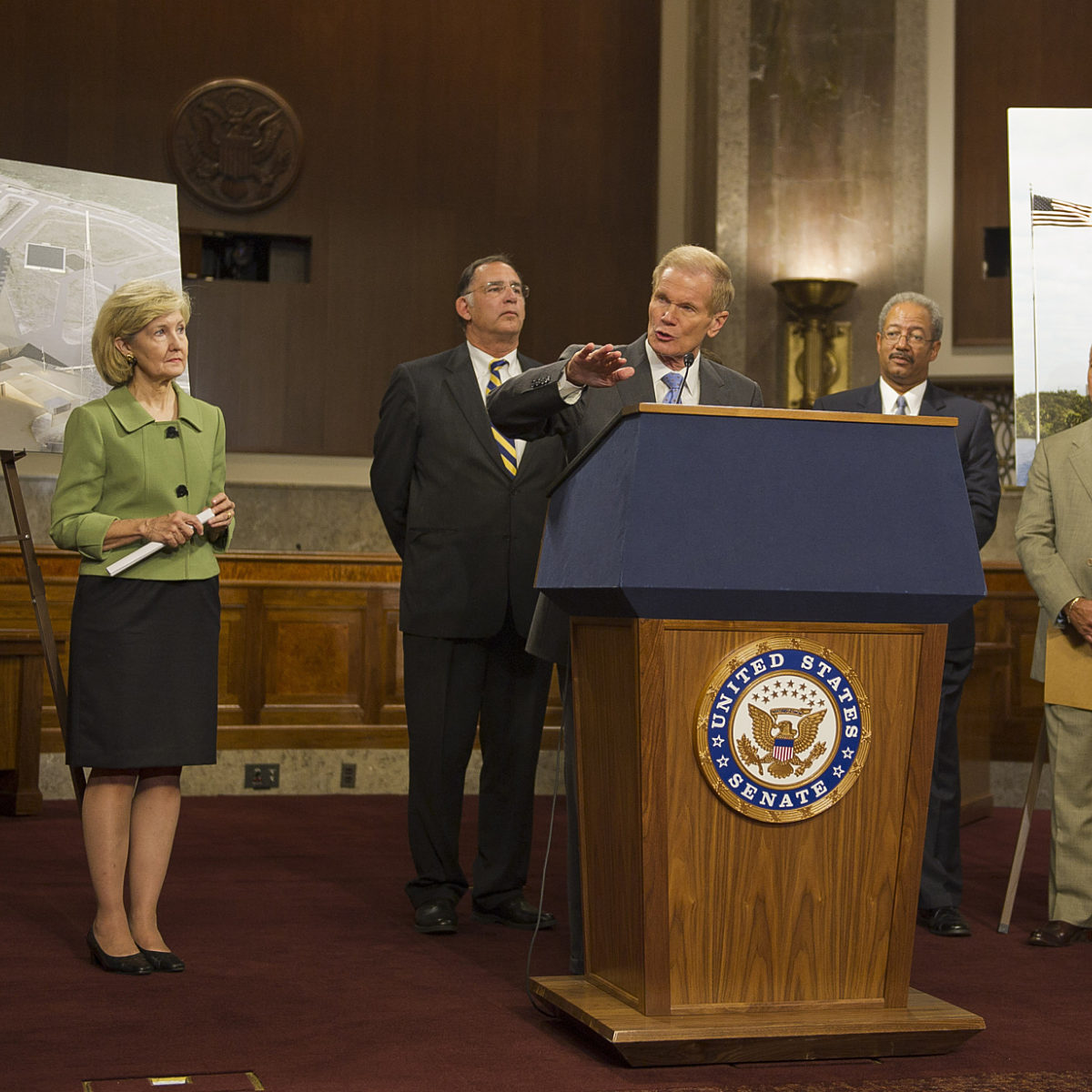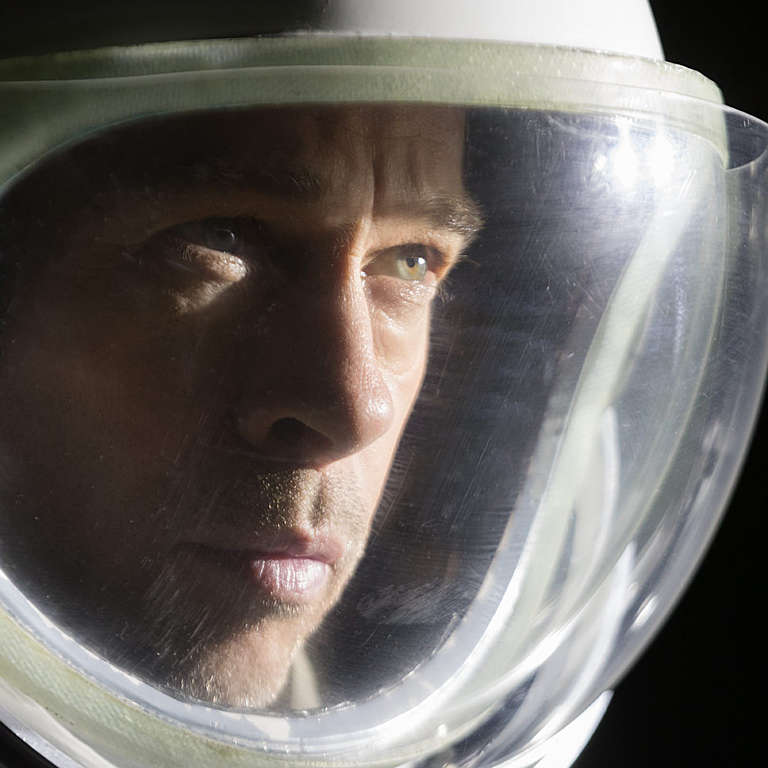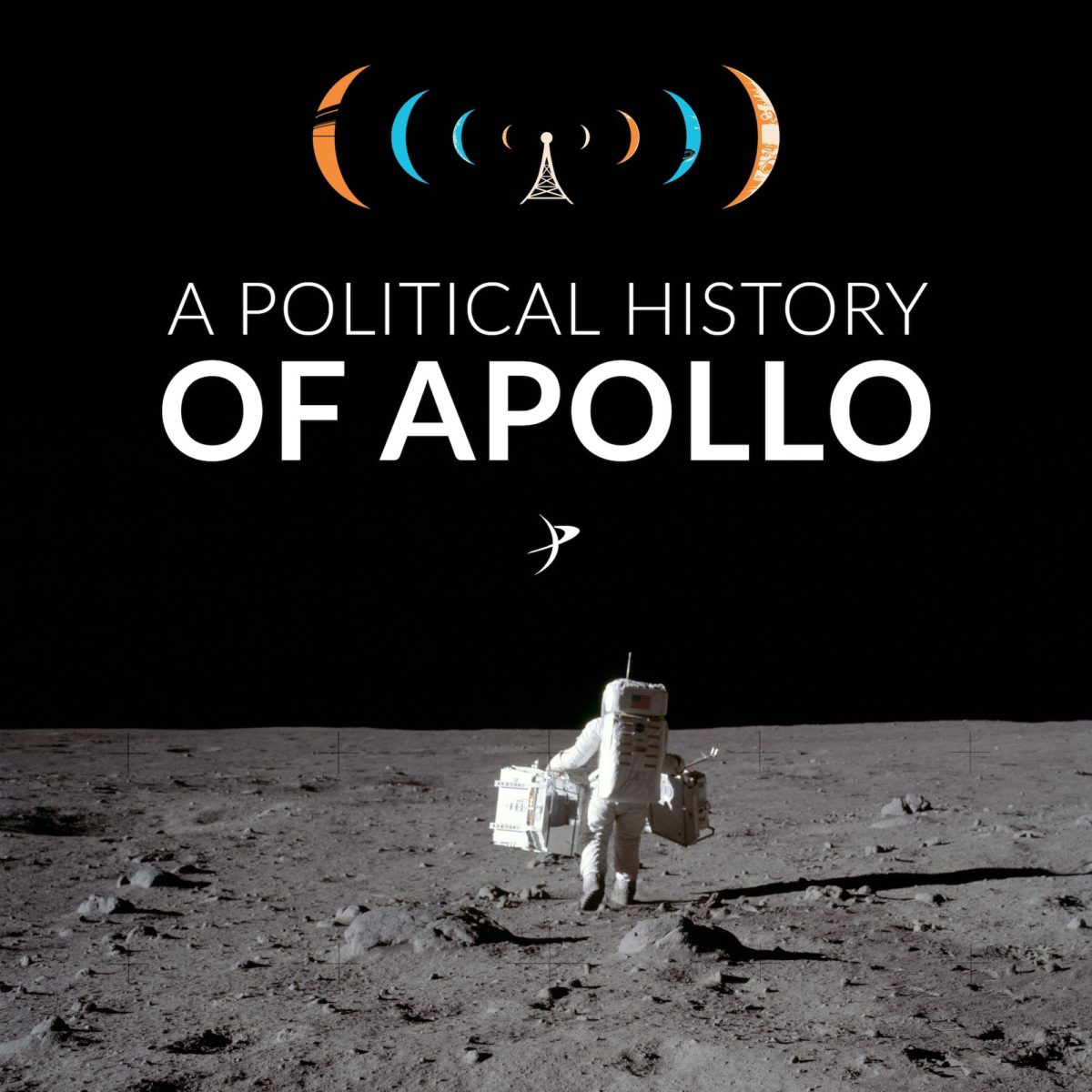Since 2002, Planetary Radio has visited with a scientist, engineer, project manager, advocate, or writer who provides a unique perspective on the quest for knowledge about our Solar System and beyond. The full show archive is available for free.
Search Planetary Radio
Philosopher James Schwartz shares his thoughts about the ethics of space exploration, commercialization, and settlement.
The U.S. space agency’s leader describes how NASA is responding to the pandemic crisis as it works to keep projects and missions on track.
Join The Planetary Society’s policy team, including Bill Nye, for highlights of a members-only live briefing that shared our analysis of how the coronavirus pandemic may affect space exploration.
NASA’s fiscal year 2021 budget request contains lots of good news along with a few disappointments. How will Congress weigh in?
Casey and his guest discuss a bill working its way through the US House of Representatives that challenges the Artemis plan adopted by NASA for human exploration of the Moon and Mars.
Juno mission principal investigator Scott Bolton provides an enticing taste of the Jupiter orbiter’s mind-bending discoveries.
Legislation signed by President Trump in December formally established the 6th branch of the U.S. armed services, the first such expansion in 72 years. What exactly will the new Space Force do?
Planetary Society experts Jason Davis, Casey Dreier and Emily Lakdawalla join host Mat Kaplan to recap the big space moments of 2019 and explore what's ahead in 2020.
As the 2010s come to a close, Marcia Smith, the founder of Space Policy Online, rejoins the show to explore the most significant and impactful space policy decisions of the 2010s.
How can a simple report—just words on a page—lead to creation of a spacecraft? We explore how a 2019 report on the need for a dedicated, space-based telescope to find threatening near-Earth asteroids motivated NASA to pursue that very mission.
October 1st kicked off federal fiscal year 2020—a day that should also have kicked off a new budget for NASA. But Congress has not funded the space agency yet, instead passing a temporary stopgap measure to keep the government open until November 21st. Brendan Curry, The Planetary Society's Chief of D.C. Operations, joins the show to discuss the latest political developments in Washington, good news for planetary defense, and how the funding delay could spell trouble for the space agency's 2024 lunar goal.
Brad Pitt sets out across the solar system to save Earth in the new space epic. Host Mat Kaplan enjoys a far-reaching conversation with co-screenwriter of Ad Astra that touches on the film’s meaning, the mythic journey of its protagonist, its spectacular images, and where it strays from known science. Registration for the Planetary Society’s 2020 Day of Action in Washington DC is open! Chief Advocate Casey Dreier has the lowdown. You might win a beautiful, rotating MOVA Earth globe in this week’s What’s Up space trivia contest. Hey! That’s LightSail 2 floating above our pale blue dot.
As NASA struggles to return humans to the Moon by 2024, it's worth asking: why did it stop in the first place? Space historian John Logsdon joins the show to discuss the politics behind the decision to abandon the Moon in 1972. Casey and Mat also discuss the proposal to offer a $2 billion prize for sending humans back to the Moon and establishing a base there, and why that's not good public policy.
Did the public support Project Apollo? Dr. Emily Margolis joins the show to explore the domestic politics and cultural impact of the space age throughout the 1960s. Despite the success of the lunar landings, there was more opposition to Apollo than we generally remember.
In the final episode, producer Mat Kaplan joins Casey to reflect on the lessons and legacy of Apollo. Was it a burden on the space program or a gift for future generations? What can we take away from this single data point of humans walking on another world? And what should we be wary of?
After more than a decade's worth of work and billions of dollars spent, the United States could send humans to the surface of the Moon whenever it wanted. But after landing only six times, the country just walked away, closing down production lines, laying off tens of thousands of workers, and committing humans to low-Earth orbit seemingly indefinitely. Why did it end? And was this inevitable?
Poppy Northcutt was a pioneer—the first woman to work as an engineer in Apollo Mission Control. The program she helped to create got the astronauts back to Earth. Fifty years later, she sits down with Mat Kaplan for a look back.
In 1964, 40% of the public did not approve of Project Apollo, and more than 50% did not think the moon shot was "worth the cost" throughout the 1960s. Kennedy himself questioned the commitment and considered cooperating—instead of competing—with the Soviet Union in space. At the same time, there was an explosion of space-related pop culture and citizen engagement with the space race. Dr. Emily Margolis, whose dissertation was titled Space Travel at 1G: Space Tourism in Cold War America, joins the show to explore the complicated politics of the home front during Project Apollo.
The Soviet space program launched the first artificial satellite, the first man, and the first woman into space. Soviet cosmonauts performed the first spacewalk and piloted the first two-person spacecraft. But it was the United States that placed the first humans on the surface of the Moon. What happened? Dr. Asif Siddiqi, author of Challenge to Apollo: The Soviet Union and the Space Race (PDF Download), helps answer that question.
Space historian Dr. Roger Launius joins the show to explain why Apollo happened the way it did, how a moonshot briefly became a solution to a national security problem, and why it is unlikely to happen again.


 Explore Worlds
Explore Worlds Find Life
Find Life Defend Earth
Defend Earth


















